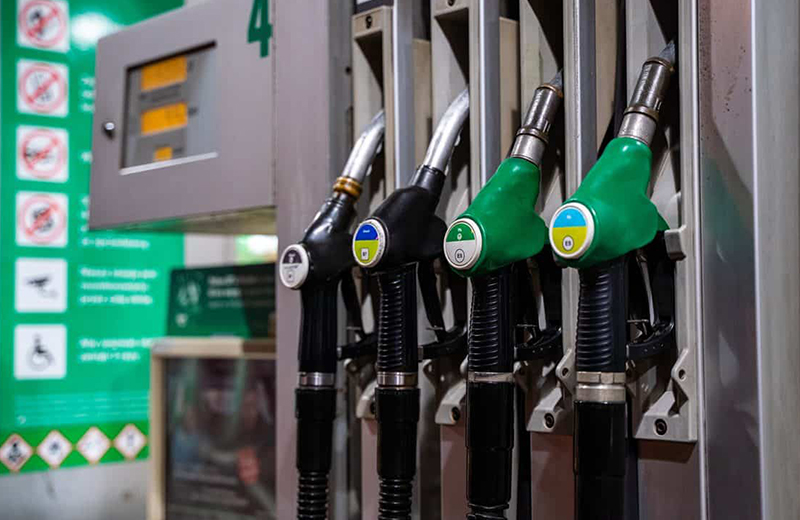
Fuel prices in South Africa are expected to see a big drop on Wednesday as international oil prices have declined over the past month, with Brent crude currently at around $110 a barrel.
This drop will bring some relief to South African motorists who have been dealing with a 10% fuel price hike since the beginning of July. The hike only further compounded the current cost-of-living crisis being faced by millions of South Africans due to the global situation and the weakening domestic economy.
This is How Much the Fuel Price is Expected to Fall:
Petrol prices in South Africa are expected to drop by R1.32 a litre for both 93 and 95 unleaded, according to an announcement made by the Department of Mineral Resources and Energy on Saturday.
The Department says that diesel prices in the country will also fall by 88 cents a litre (0.05% sulphur) and 91 cents (0.005%) a litre, while Paraffin prices will decrease by R1.44 a litre.
In contrast, however, the maximum retail price of liquid petroleum gas (LPG) will increase by 57 cents per KG.
Watch: Petrol Price Plunges at Midnight
In Johannesburg, the price of 95 unleaded petrol will be sitting at R25.42 per litre from Wednesday. This time last year it was R18.30, according to Media24. Showing just how overarching the effects of the COVID-19 pandemic of the last two years and the Russian invasion of Ukraine have been on the worldwide economy.
Brent crude prices hit a high of $123 a barrel in March after the markets scrambled to react to the invasion of Ukraine.
The other major influence on South Africa’s petrol prices has been the weakening Rand against the US Dollar, as the country has to buy oil in the American currency. In July, the Rand was at R17.00 to the dollar but has settled back slightly to R16.60 as of the beginning of August.
Finally, and in contrast to the positive gains SA’s petrol prices are making, the Department of Mineral Resources and Energy has said that the temporary reduction in the general fuel levy of 75 cents a litre set in place in April (at R1.50 per litre, then reduced) will come to an end on Tuesday, 2 August 2022.
The reduction was set as a means to cushion the economic impact of the skyrocketing fuel prices of the last few months.
By Luis Monzon
Follow Luis Monzon on Twitter
Follow IT News Africa on Twitter